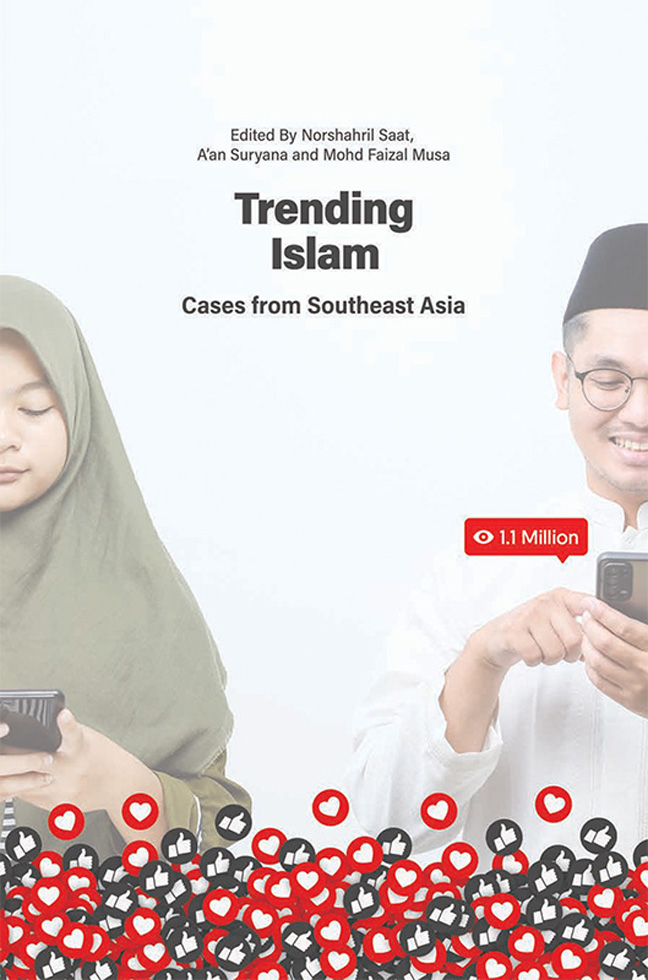2 - The Trendsetters of Islam throughout Indonesian History
Published online by Cambridge University Press: 26 March 2024
Summary
Over the years, two broad groups have shaped Islam in Indonesia: (1) the pluralists and (2) the conservative Islamists. Contestations between the two groups have coloured Islam throughout the country’s history. Scholars normally associate the pluralists with the leaders of secular nationalist parties, Muslim intellectuals in the New Order regime, and members of the two largest Muslim mass organizations, Nahdlatul Ulama (NU) and Muhammadiyah. These actors imagine Indonesia to be an inclusive nation embracing ethnic and religious diversity, and promoting equal standing among Indonesian citizens. By contrast, the Islamists include leaders of Muslim mass organizations or parties influenced by transnational Islamic movements aiming to Islamize the state and Indonesian society.
I argue that in Indonesia, the pluralists have been the more dominant actors in the public sphere, though their Islamist rivals somewhat challenge their authority in this digital age. The pluralists have made Indonesia a religiously neutral state and an inclusive society. Scholars argue that the pluralists’ dominance results not only from their intellectual capacity to harmonize Islam and civic pluralism, but they are also well-funded and receive support from the state. Robert Hefner’s (2000) study on Civil Islam is correct. During the New Order period, the role of Muslim intellectuals such as Nurcholish Madjid (Cak Nur) and Abdurrahman Wahid (Gus Dur) in promoting moderate Islam was crucial in the pluralists’ triumph.
This trend continues during the post-New Order era. Here, I refer to the people’s moral opposition towards religious intolerance and sectarianism. This component, I believe, has been more visible in recent years, and it is a positive development in Indonesian Islam. It has helped Indonesia’s civic pluralism thrive amidst heated religious tension in Indonesia’s recent political history.
The thoughts of Abdurrahman Wahid, Nurcholish Madjid, and Syafi’i Maarif (Buya Syafii) remain essential and relevant to the current state of Indonesian Islam, defying some arguments that Indonesia is experiencing a “conservative turn”. Many have admitted that there was not much difference in the three figures’ thoughts despite coming from different cultural and organizational backgrounds. They grew up and emerged out of three mainstream Muslim communities in the country.
Like a locomotive, the three pulled the large traditional Muslim carriage into the modern era that cherishes inclusivity and diversity, and thus placed Islam as an important source in building modern Indonesia. They prioritized Islam in substance rather than form, especially in the context of building the nation and state.
- Type
- Chapter
- Information
- Trending IslamCases from Southeast Asia, pp. 15 - 33Publisher: ISEAS–Yusof Ishak InstitutePrint publication year: 2023



